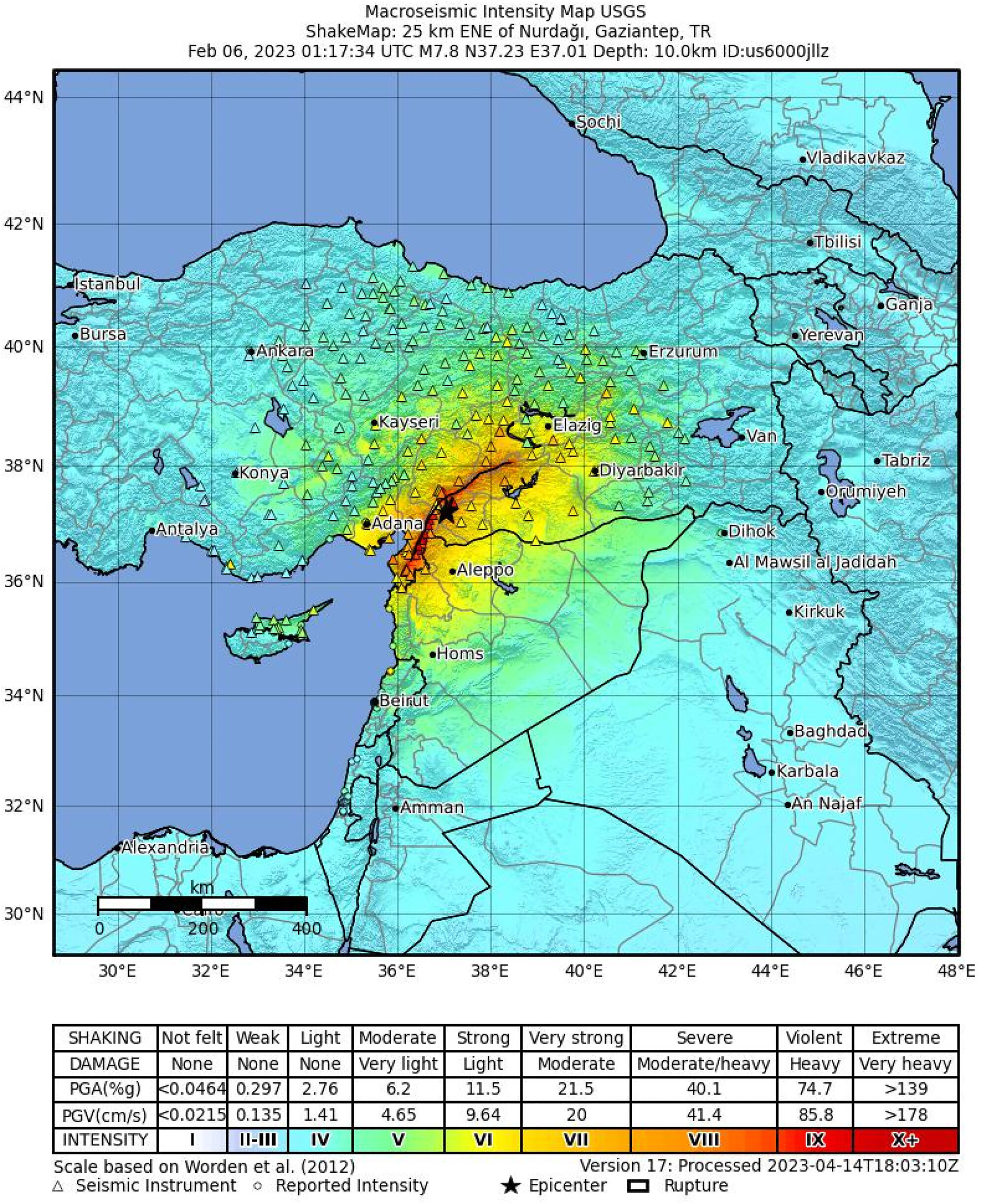Recent study shows ancient Egyptians’ efforts to treat cancer 4,000 years ago
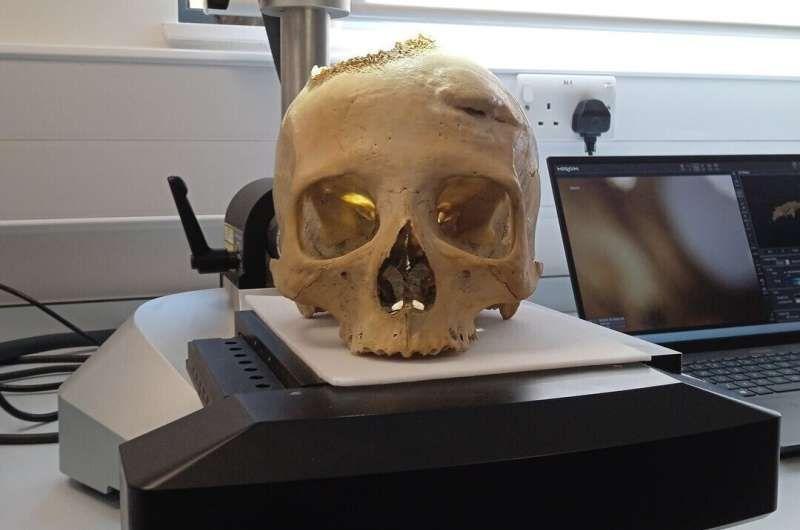
Researchers have discovered what could be the earliest known attempt to treat cancer in two ancient Egyptian skulls.
These findings reveal ancient Egyptian medical practices, suggesting a sophisticated approach to dealing with complex medical conditions, including cancer.
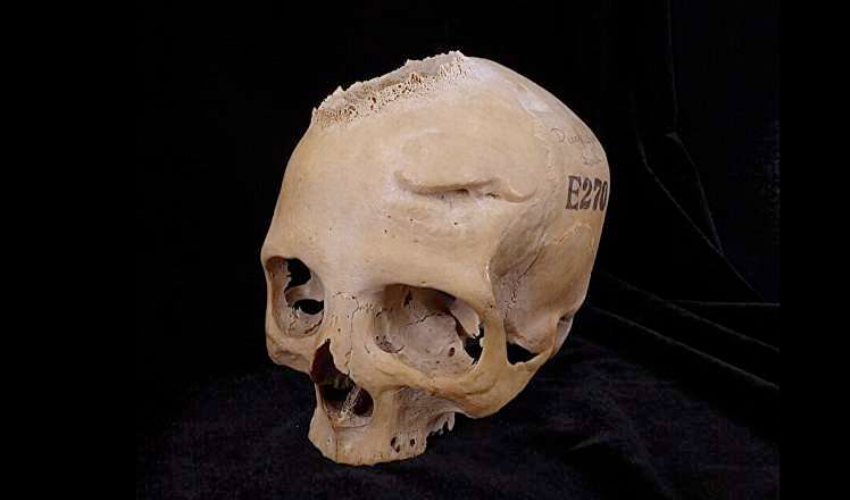
The study, published in Frontiers in Medicine, examined two skulls from the University of Cambridge’s Duckworth Collection. One skull, dated between 2687 and 2345 B.C., belonged to a man aged 30 to 35. The other, from between 663 and 343 B.C., belonged to a woman over 50.
Both skulls showed signs of potential cancer treatment efforts.
Lead researcher Tatiana Tondini and her team analyzed the skulls using high-resolution 3D microscopy. They found thin cuts on the male skull, which could indicate an attempt to remove cancerous tissue surgically.
“When we first observed the cutmarks under the microscope, we could not believe what was in front of us,” Tondini stated.
These cuts may also represent postmortem medical explorations, reflecting an early attempt to understand cancer.
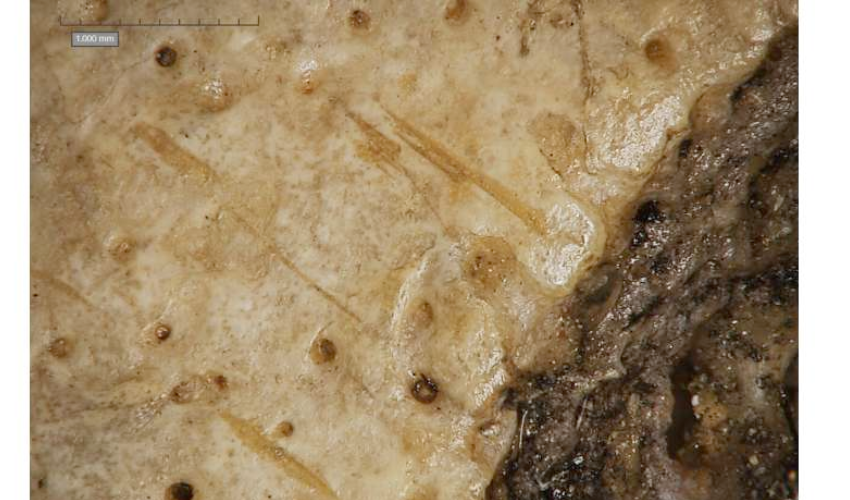
The woman’s skull showed evidence of a large tumor that had led to bone destruction. This finding suggests that cancer was not uncommon in antiquity, despite assumptions that modern lifestyle factors are primarily responsible for its prevalence today.
Additionally, the woman’s skull displayed two healed lesions from traumatic injuries, hinting at advanced medical care that allowed her to survive significant wounds.

Ancient Egyptian medical knowledge was advanced for its time. They could describe and treat various diseases and injuries, perform dental work, and even create prosthetics. However, cancer was a frontier they struggled to manage. “We see that although ancient Egyptians were able to deal with complex cranial fractures, cancer was still a medical knowledge frontier,” said Tondini.
Edgard Camaros, the study’s co-author, emphasized the significance of these findings. “This finding is unique evidence of how ancient Egyptian medicine would have tried to deal with or explore cancer more than 4,000 years ago,” he said.
The research suggests that ancient Egyptians made notable efforts to treat and understand cancer.
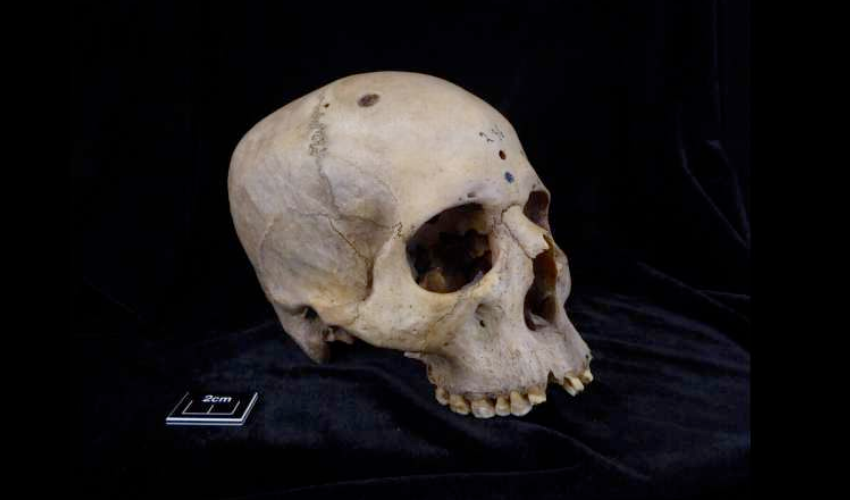
Despite these revelations, the researchers caution that studying skeletal remains presents challenges. Incomplete remains and the lack of clinical histories makes definitive conclusions difficult. Co-author Albert Isidro noted that their work relies on limited samples and calls for further research to understand how ancient societies dealt with cancer fully.
This study opens new perspectives in paleo-oncology, studying ancient diseases, and sets a foundation for future research. The findings suggest that cancer was more prevalent in the past than previously assumed and that ancient Egyptians made notable efforts to treat and understand this complex disease.



